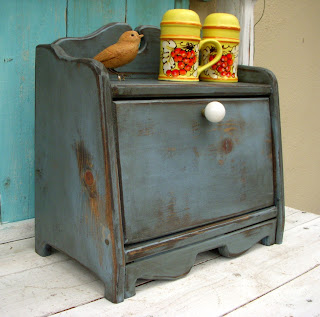Truman Horton
1922 - 2014
My friend Truman Horton
liked poems.
"A bunch of the boys were
whooping it up in the Malamute Saloon,
The kid that handles the music box was hitting a jag-time tune . . . ."
The kid that handles the music box was hitting a jag-time tune . . . ."
"When out of the night, which
was fifty below, and into the din and the glare,
There stumbled a miner fresh from the creeks, dog-dirty and loaded for bear."*
There stumbled a miner fresh from the creeks, dog-dirty and loaded for bear."*
Or,
"There are strange
things done 'neath the midnight sun
By the men who moil for gold.
The arctic trails have their secret tales
That would make your blood run cold."**
By the men who moil for gold.
The arctic trails have their secret tales
That would make your blood run cold."**
I had occasion to re-read these great Robert Service works while preparing for Truman's funeral. They've stuck in my mind off and on ever since the time I listened to him recite them - the time he asked me to tickle the ivories in the background while he read.
"Jag-time"? Do people "moil" for gold?
Indeed they do. For most of his ninety-one trips around the sun, Truman loved poems -- and reading and good writing -- because he loved words.
Truman would say, "So and so's as happy as a sand boy."
Me, after hearing this many times: "Ok, Tru, so what's a sand boy?"
Truman, thoughtfully: "Don't really know. Somebody that's happy."
I looked it up this
week: It means exactly that, and it's been around since the eighteenth century! Once, he bought me the collected works of
Walt Whitman.
The other day we were talking about dogs.
Truman: "We had a dog growing up. His name
was Slick."
Me: "Slick?"
Tru: "Yeah. We got him from Slick Willis."
Me: "Wait a minute. You named the dog after the guy you got him from?
Tru: "Yep."
Me: "Slick?"
Tru: "Yeah. We got him from Slick Willis."
Me: "Wait a minute. You named the dog after the guy you got him from?
Tru: "Yep."
You can't make up dialogue like that!
We'd arrive at his and Mary's house
and find him up in the woods above the creek weed-whacking and cutting brush. Later, he'd put the usable branches against a
big granite rock black with soot, split some logs, and start a fire where we'd
roast hot dogs and make s'mores -- the smoke disappearing up into the trees.
Maybe he never outgrew the teenaged
boy who hopped freight cars going west during the Depression, slept in hobo
camps, and scrounged a piece of fresh pie when he could. This was before he got himself educated and
eventually retired after an engineering career on the Pacific Coast
Truman wanted to build a boat, so he
did. From scratch. He wanted to sail it to Hawaii
I loved him. Lots of folks did. Sail on, Truman Horton! If God wants to hear a good story, Truman's
his guy.
* The Shooting of Dan McGrew
** The Cremation of
Sam McGee






